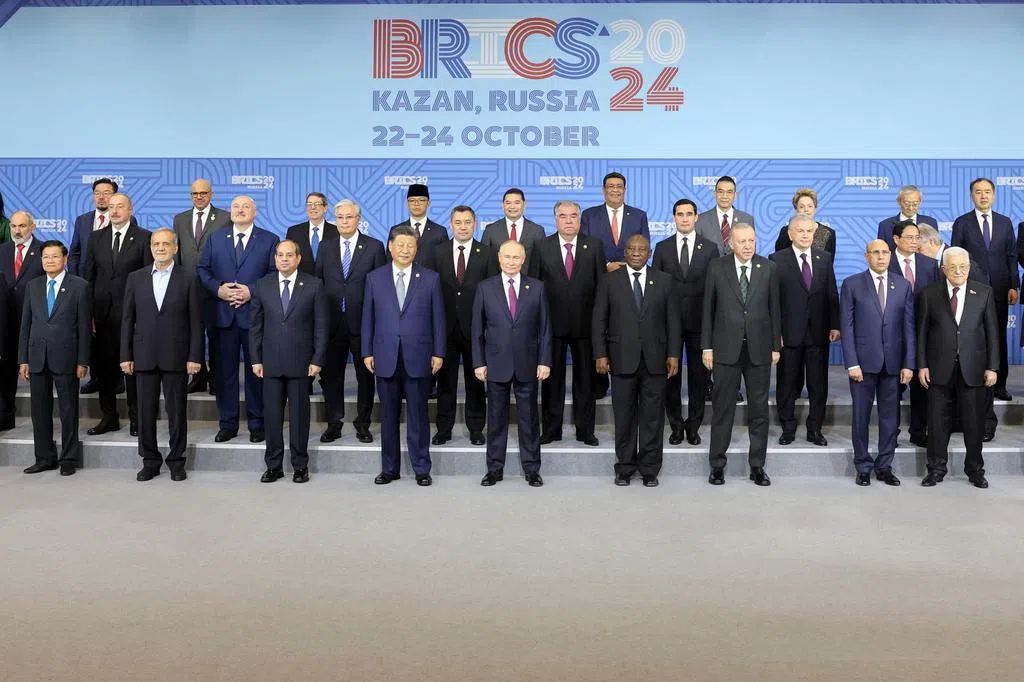Trump, Musk, and the ‘Woke’ Debate: A Nation Divided?
The term “woke,” once signifying awareness of social injustice, has become a battleground in American politics. Recent statements by Donald Trump and Elon Musk highlight the deep divisions surrounding this increasingly contentious issue.
At AmericaFest in Phoenix, Arizona, Trump launched a scathing attack on what he terms “woke culture.” “Woke has to stop. woke is destroying our country. Woke is bullshit,” he declared,referencing the renaming of US military bases. He pledged to reverse these name changes, specifically mentioning the return of Fort Bragg’s original name.
Elon Musk, the CEO of SpaceX and Tesla, publicly endorsed Trump’s stance with a succinct, “YES!” on social media, further fueling the debate.This endorsement underscores the growing influence of these figures on the national conversation surrounding “wokeness.”
Trump’s pronouncements extended beyond military bases. He vowed to take executive action to address what he called the “transgender craze” in schools and the military. “I will sign an executive order to end child sexual mutilation, remove transgender people from the military and our elementary, middle and high schools,” he stated. He also promised to maintain a strict “men’s sports, women’s sports” policy, implying a government recognition of only two genders.
Musk’s Personal Perspective
Musk’s views on “woke culture” are deeply personal. His comments on social media, including a statement that the “woke mind virus killed my son,” refer to his child’s decision to transition genders. This adds a layer of complexity to his public pronouncements, highlighting the intersection of personal experience and political ideology.
The evolving definition of “woke” and its implications for American society remain a subject of intense debate. Trump and Musk’s strong opinions,amplified by their significant platforms,are shaping this conversation and influencing the political landscape in the united States.
The ongoing discussion about “woke” culture reflects broader societal shifts and anxieties. Understanding the nuances of this debate requires careful consideration of its historical context and its impact on various communities across the nation.
Deciphering (ask/hps): Implications and Importance
The abbreviation “(ask/hps)” lacks readily available context within a broader public domain. Without further information, its meaning remains ambiguous. However, its presence suggests a potential code, internal shorthand, or a reference specific to a particular industry or organization. This article will explore potential interpretations and the importance of clear communication in various professional settings.
The lack of clarity surrounding “(ask/hps)” highlights the critical need for precise and unambiguous communication. In today’s interconnected world, misinterpretations can have significant consequences, ranging from minor inconveniences to major setbacks in business and other critical areas. Consider, such as, the potential for miscommunication in the healthcare industry, where a single misinterpreted abbreviation could have life-altering consequences.
To illustrate the importance of clear communication,consider the following hypothetical scenario: Imagine a team working on a complex project where “(ask/hps)” represents a crucial step in the process. If team members don’t understand the meaning, the project could be delayed or even fail.This underscores the need for standardized terminology and clear communication protocols within any organization.
While we cannot definitively define “(ask/hps)” without additional context, its appearance underscores a broader issue: the importance of clear communication in all aspects of life. The potential for misinterpretation highlights the need for organizations to establish clear communication protocols and ensure that all team members are on the same page. This is particularly crucial in high-stakes environments where even minor misunderstandings can have significant consequences.
while the meaning of “(ask/hps)” remains unknown without further information, its presence serves as a reminder of the critical importance of clear and unambiguous communication. The potential for misinterpretation emphasizes the need for organizations to prioritize clear communication strategies to avoid costly errors and ensure efficient operations.

